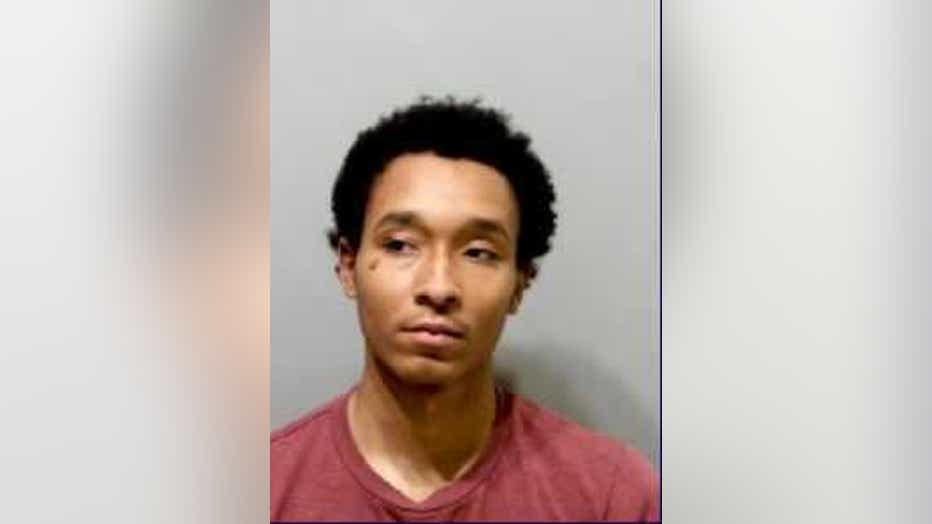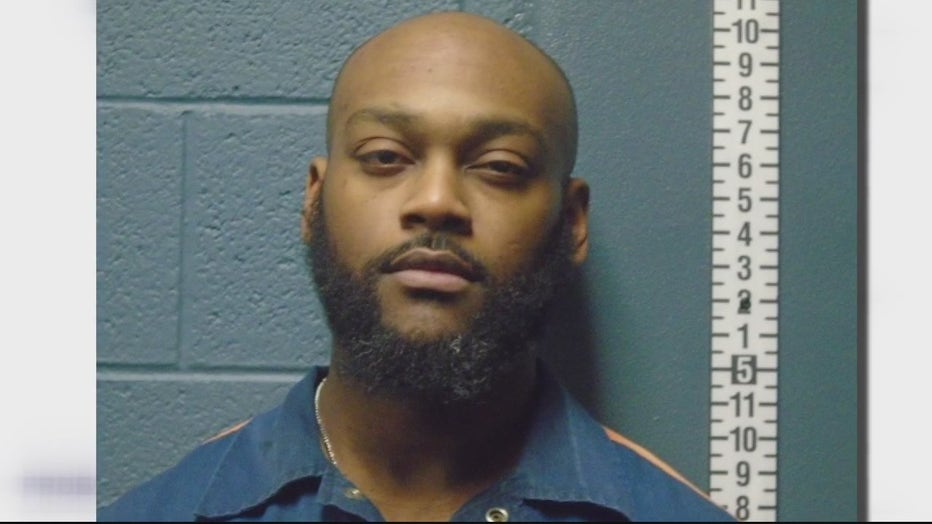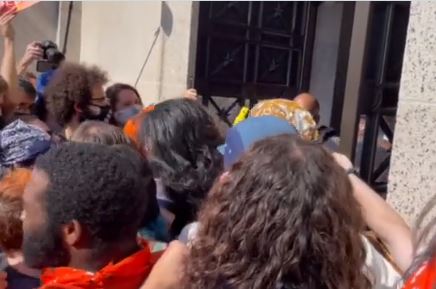https://www.thegatewaypundit.com/2021/10/breaking-mi-nursing-home-employee-caregiver-legally-incapacitated-persons-charged-submitting-26-absentee-ballot-applications-forging-residents-signatures-2020-election/
BREAKING: MI
Nursing Home Employee, Caregiver of “legally incapacitated persons”
Charged With Submitting 26 Absentee Ballot Applications, Forging
Residents Signatures In 2020 Election…MI SOS Says Charges Prove “Our
election system is secure”
Three Detroit area women have been charged with election fraud in relation to the 2020 election.
100 Percent Fed Up reports – Michigan’s dirty Secretary of State Jocelyn Benson had a curious response to the charges, calling it a “rare case.”

Advertisement - story continues below
“Our election system is secure, and today’s
charges demonstrate that in the rare circumstances when fraud occurs we
catch it and hold the perpetrators accountable.” Benson added, “These
charges also send a clear message to those who promote deceitful claims
about widespread fraud: the current protocols we have in place work to
protect and ensure the integrity of our elections. It’s time to share
that truth and stop spreading lies to the contrary.”
If Michigan’s dishonest Secretary of State Jocelyn Benson and Attorney General Dana Nessel are serious about holding everyone
in her state accountable for voter fraud, then why is Democrat City
Clerk Sherikia Hawkins, who was charged in 2018 with 6 counts of felony
voter fraud related to absentee voting in Southfield, MI, still working
as a city clerk?
Hawkins’s court case has been delayed until February 15, 2022. All but two charges against her have been quietly dropped.
Hawkins is running for City Clerk again in November 2021. “If
re-elected, and Hawkins is able to secure a plea deal, she will be
vested as an employee and be able to receive a full pension from the
city,” Oakland County Republican Chair Rocky Raczkowski explained.

The complaint alleges that Hawkins fraudulently altered the Qualified
Voter File after the 2018 general election to falsely reflect that
previously logged absentee ballots were void due to arriving in
envelopes that were not signed by the voter.
After being sent to trial, Hawkins filed a motion to quash or requested the court to render a previous decision as null or invalid, before Oakland County Circuit Court Judge Leo Bowman, which was granted on four of the six charges.
A court date of February 15, 2022, has been set for Hawkins.
In a joint statement about the charges against Hawkins, Michigan Sec. of State Benson and Attorney General Nessel called it a“rare” case.
Today, in yet another “rare” case, it was
announced that 3 Metro Detroit women are facing multiple election fraud
charges stemming from the 2020 election.
As she did in 2018 when fellow Democrat
Sherikia Hawkins was caught cheating in the election, Secretary of State
Benson boldly proclaimed they will hold those who commit voter fraud
accountable, and once again, told the media that the 3 cases of voter
fraud are “rare.”
“Our election system is secure, and today’s charges demonstrate
that in the rare circumstances when fraud occurs we catch it and hold
the perpetrators accountable,” Secretary of State Benson said.
“These charges also send a
clear message to those who promote deceitful claims about widespread
fraud: the current protocols we have in place work to protect and ensure
the integrity of our elections. It’s time to share that truth and stop
spreading lies to the contrary.”
Michigan’s tough-talking, lawless Attorney General Dana Nessel had a similar, laughable response to the charges:
“These cases highlight the scrutiny applications and ballots
undergo throughout the election process, as well as the thorough
investigative process that ensues when instances of attempted fraud are
suspected,” Nessel said.
Charges are filed against Trenae Myesha Rainey, 28, Carless Clark, 59, and Nancy Juanita Williams, 55.
Detroit News
reports – The charges announced Monday involved three individuals
alleged to have been involved in election fraud in Oakland, Macomb, and
Wayne counties.
Only one case — one resulting in a double
vote — was caught after the election, said Lynsey Mukomel, a spokeswoman
for Nessel’s office.
“The other two were caught during the absentee ballot application processing and never issued actual ballots,” Mukomel said.
Trenae Myesha Rainey, 28, was charged
with three counts of election law forgery and three counts of forging
signatures on absentee ballot applications after she is alleged to have
filled out applications and forged residents’ signatures on the
applications at Father Murray Nursing Home in Center Line, where she
worked.
The Center Line clerk contacted the Bureau
of Elections in October 2020 after receiving about two dozen absentee
voter applications where the signatures were found not to match those in
the state’s qualified voter file.
The applications, according to Nessel’s
office, were for residents who had not yet told staff whether they
wanted to vote in the 2020 general election.
Carless Clark, 59, was charged with
impersonating another to vote and election law forgery after she was
alleged to have signed and returned her grandson’s mail-in ballot
despite his decision to vote in person.
Clark, according to the statement,
admitted to signing the ballot because she thought her grandson wouldn’t
have time to vote in person.
The Bureau of Elections contacted the
Department of State about Clark’s case in April 2021 after there
appeared to be a case of double voting — in-person and by mail-in
Detroit.
Nancy Juanita Williams, 55, was charged
with 14 counts of false statements on an absentee ballot application,
forging a signature on an application, and election law forgery in
several different courts.
She is alleged to have submitted 26
absentee ballot applications to nine different clerks for legally
incapacitated persons under her care and to have the ballots sent to her
address. Williams also is alleged to have submitted voter registration
applications for each of the people without his or her knowledge or
consent.
The Bureau of Elections became concerned
about the issue in October 2020, according to the statement, when
several election administrators contacted the qualified voter file help
desk to report absentee ballot applications signed with an “X” with the
request that the ballots be sent to an address for “Guardian and
Associates in Oak Park.”
Bureau of Elections referred the review to
Michigan State Police, which recommended charges to the Department of
Attorney General in May 2021.
Submit a Correction







